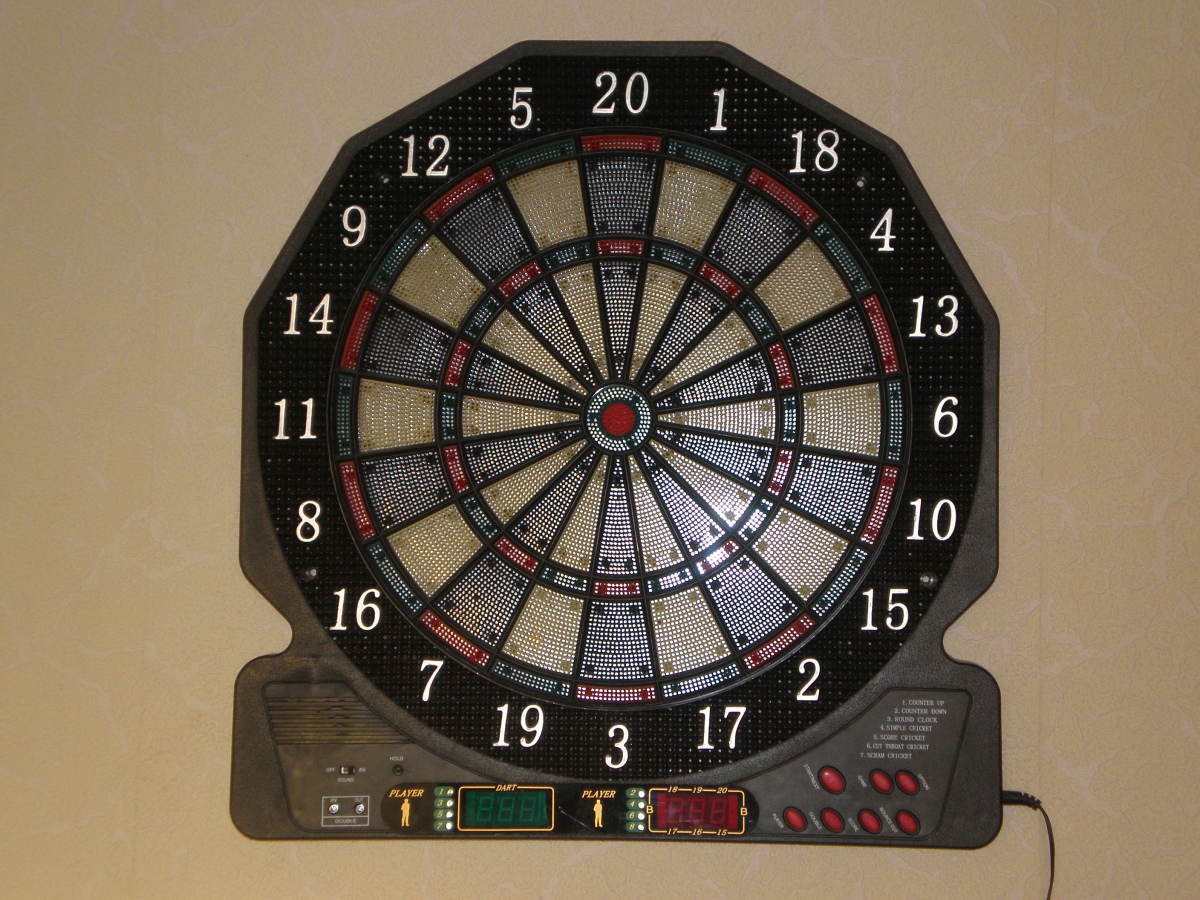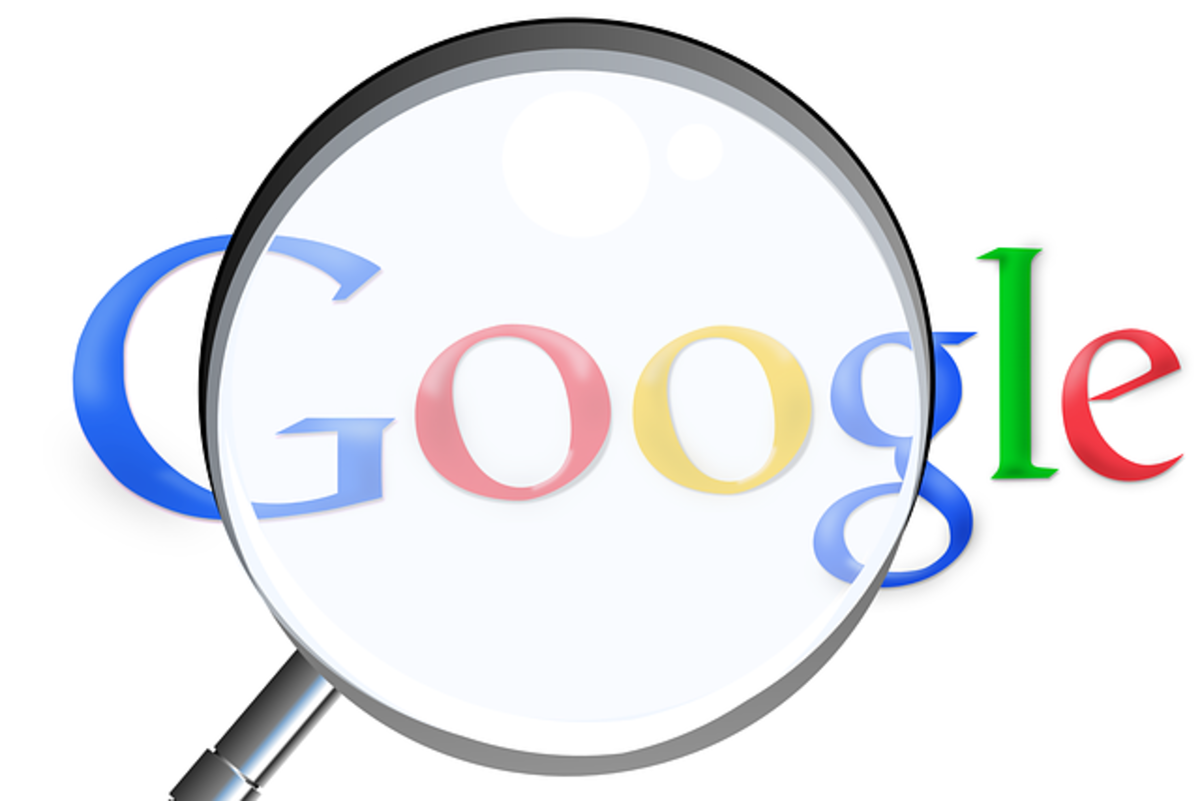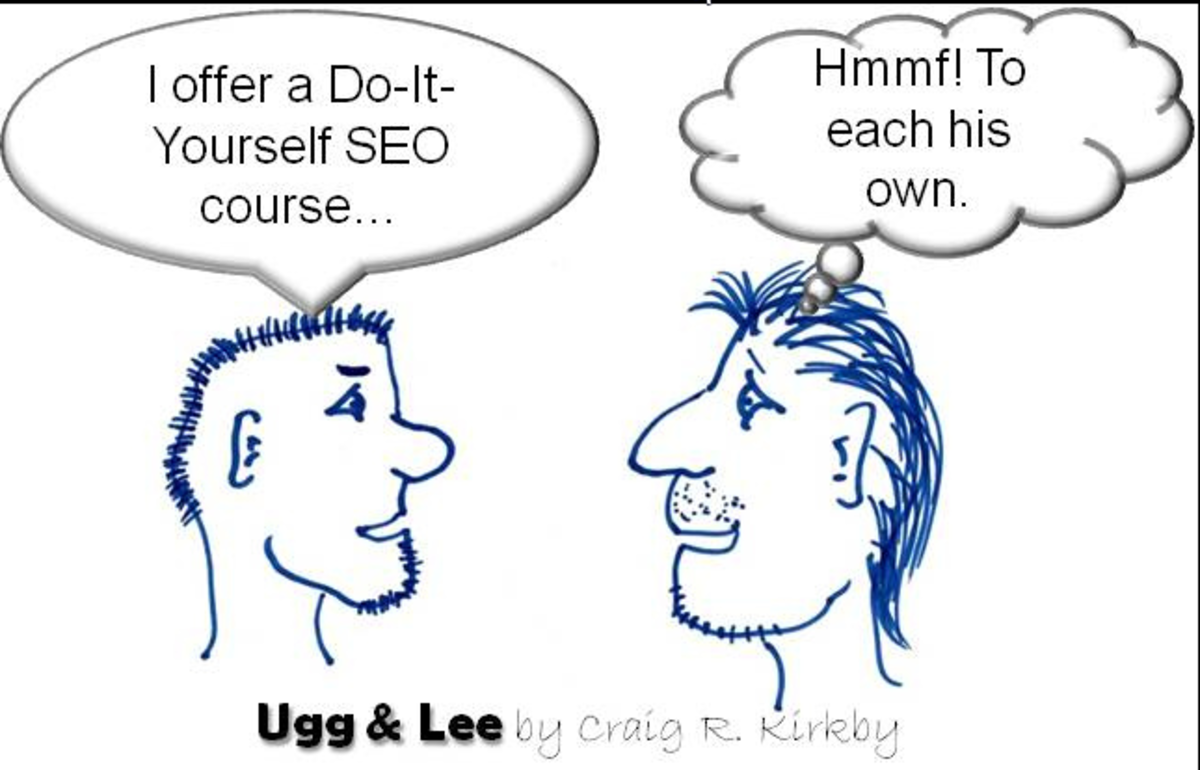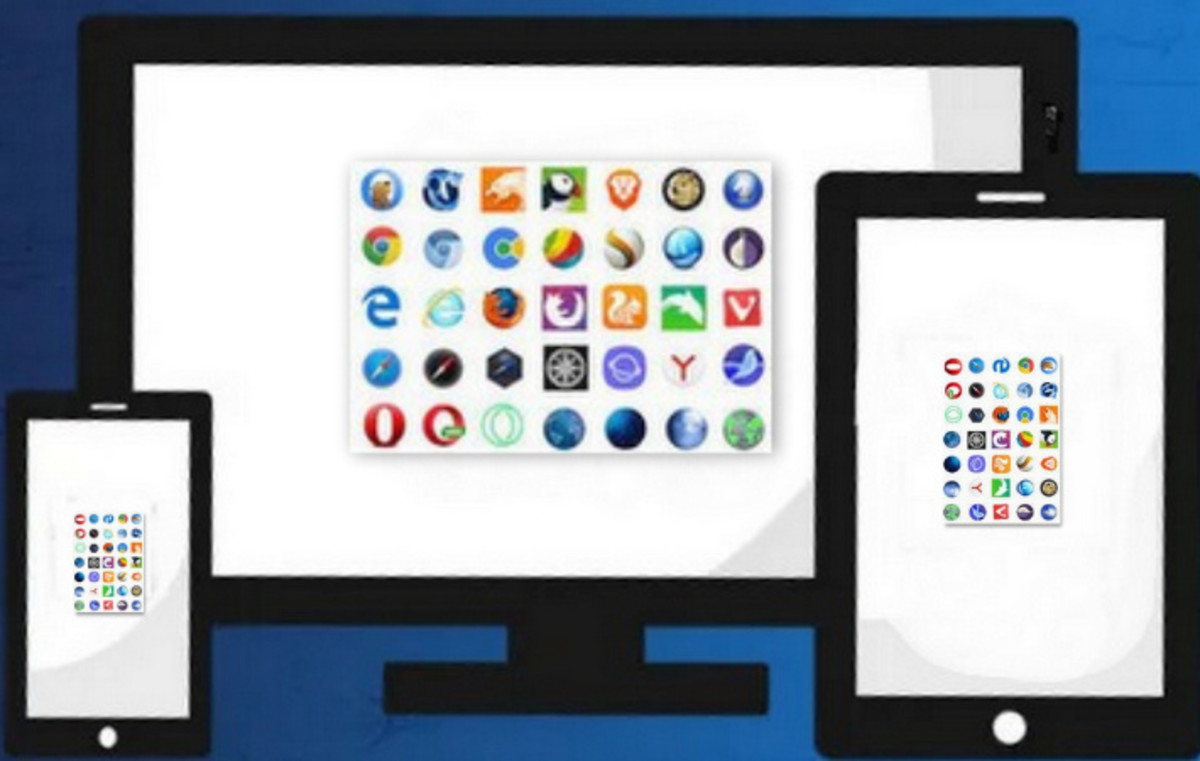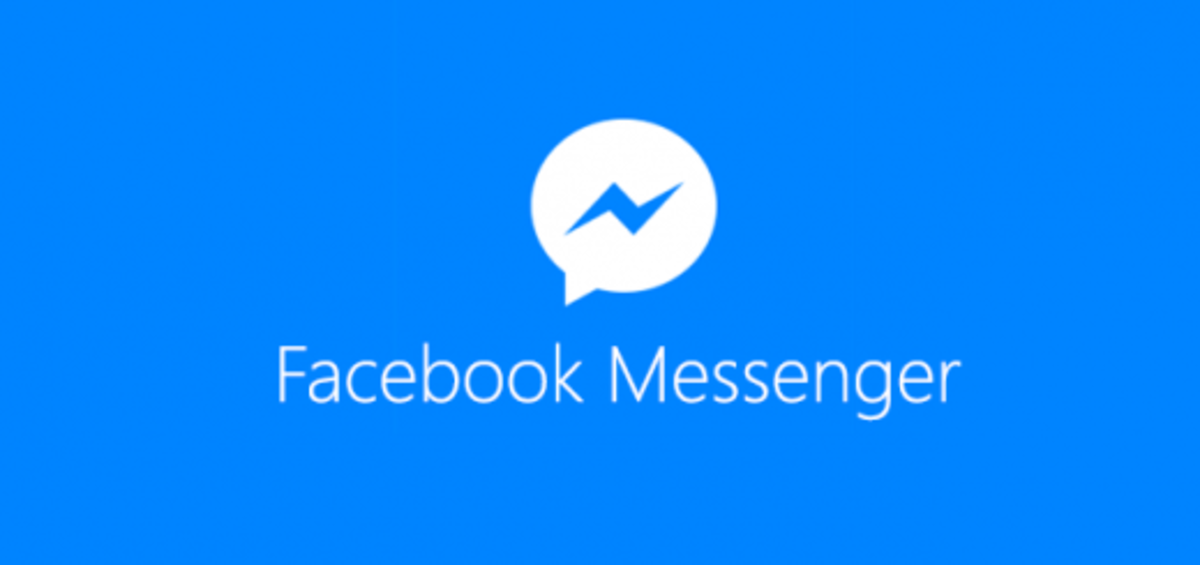Why do I have no traffic? - Tips for beginners

Starting from scratch.
Your're completely new to the internet publishing game and want to know where to start. You've heard plenty of stories about people making money on the internet (which you wouldn't mind) but just want to write for fun. Because of this, you don't want to spend any money getting started. Once you've written some content, you want to know how to go about increasing your traffic and how long it will take. So what do you do?
Firstly remember that on the internet you can pretty much say as you want, so there may be a chance all those "I made $400,00 in 2 weeks working 5 minutes a day" stories are works of fiction. Apart from a tiny fraction of cases, everything takes time in the land of the internet, and your traffic will start out as a crawl before gaining momentum. There is plenty you can do to help it along but despite the thousands of miracle claims, site promotion too is hard work.
The components you need to work on are:
- Creating content
- Search engine optimization
- Other Site promotion

Creating Content
To get publishing without spending any money there are a few options.
- A free blogging platform: 2 of the biggest and most user friendly are Blogger and Wordpress. You don't need any knowledge of programming as you simply follow the instructions to set up and name your blog.
- Free publishing platforms. Hubpages and Squidoo both let you publish single page websites (known as 'hubs' and 'lens' respectively)
I have personally found that hubpages is superior when it comes to getting your content featured in search engines.
It has been said many times before but the primary factor behind generating traffic is quality content. If you write interesting, unique content your traffic will increase. Other factors such as search engine optimization and promotion cannot drive traffic to poor content.
If you want to write one-off pieces, use hubpages or squidoo. If you will be continually adding information, use a blogging platform. Start with a topic you know and love. Your interests and experiences. Let your enthusiasm come out through your writing.

Search Engine Optimization
Search engine send 'spiders' to 'crawl' your website.This means their program looks at the code your website is written in to determine the nature of the content.
Search Engine Optimization, or SEO, is about getting the spider to form an appropriate impression of your website. The better the spider understands what your site is about the more accurate the search results will be. You need to do research into:
- Meta tags - labels added to the code on your site that describe the content & / or key words. They are not visible on your site.
- Key words - words or phases that sum up your content. The can be listed in the meta tags but should appear regularly in the content. There is no point putting a key word in the meta tag if it never appears in the content.
- Titles - all titles are important. Your website URL, individual page names, they all should be key word rich
To learn more about these topics and more on SEO, do a search on the relevant titles. Read a few articles and tutorials and gradually implement them into your chosen site. Not all of these techniques are possible on third party sites like Hubpages as you often don't have direct access to the html code. Despite this, they often make it easier for you by creating a tool that does it for you. For example, at Hubpages, you simple enter your key words into the tag box and the meta tag is created for you.
At sites such as Squidoo and Hubpages, the name of your page is one of the most important factors. You are advised to think hard about your page title as it will end up being part of the page's URL. Once it is created, you are unable to change it later. Get all of your key words in there.
For a novice, this is a learning process. You won't get it perfect the first time and you will gain more knowledge along the way. Some will let you go back and change parts of your previous work, some things you will learn too late to implement. There will be plenty of "I wish I had known that then" but don't worry, all knowledge is helping you get better.

Site Promotion
Apart from writing great content and making your site search engine friendly, there are other promotional activities to keep you busy.
Before you start any of this you need to have a way of keeping score. The easiest way of doing this is to sign up to Google Analytics. This is a free service that monitors traffic to your site. To activate the service you need to place a meta tag on your site (except for Hubpages where you simply enter you analytics number and they do the rest). This teaches you a valuable lesson as many promotional services require you to do the same thing. There are plenty of tutorials at Analytics that provide step by step instructions.
Once Analytics is up and running you can see how many people are visiting your site and how they got there. Don't be concerned if your daily totals are 0, 1, or 2. They will be for a while. The other thing that most people do not realize is that Google and other search engines do not work in real time. This means that your webpage does not appear in searches the second you publish it. Google makes you think that by having the time the search took after the number of results in the top right corner, e.g. 0.001 seconds. This is a meaningless figure. Google does not search the web, it searches its records of what the web was like when the spiders were last there. Some things are no longer there, and some, like your site are there but they don't know it yet.
This is why there will be a big difference in time between a new blog or website being listed, and a page on Hubpages or Squidoo. Google knows about Hubpages, and it knows that it is changing very rapidly (with all the new hubs). Google therefore puts Hubpages as a high priority and sends its spider there very frequently. As a result, new hubs on hubpages may appear on google in a matter of hours. A new blog, starting from scratch may take weeks or months.
So how do you speed the process up?
The currency of the internet is links. One-way links to your site are valuable things (It is not confirmed but assumed that google values these links significantly more than reciprocal links). The higher regard Google has for the site that links to you (known as page rank), the more important that link.
The quickest way to get the google spider to crawl your site is to have a link to it from one or more respected sites. This is why Article Marketing is still such a big thing in website promotion. Article Marketing is where you write an informative article and publish it on a website with a good page rank. At the end of your article in the Resource Box you are allowed to include a brief summary or sales pitch and a link to your site. This provides you with one important one-way link, known as a back link. One of the better sites is ezinearticles.com
Another thing you can do when you are starting off is to submit your URL to the search engines themselves. First do a search for your site typing in the full URL including the 'http://' part. If you don't get any results they often prompt you to submit your site. Again, do a search for "submit to google" or "submit to bing" and there are plenty of tutorials.
If you are publishing a blog, submit your blog to the numerous blog directories. There are hundreds but blogcatalog.com and technorati.com are great starting points. Again you will probably be asked to insert a meta tag to your site to prove you own it.
Finally, in between all of that work, become active in online forums on your chosen topic. You can often sign off and include your sites URL. If they allow html in their posts you can add a genuine back link. To learn how to do this, search for: 'html link' and choose a tutorial.
Remember that learning is an ongoing process. Everything here is what I have picked up in the last 4 months with no prior knowledge. If you know how to phrase your searches, the internet can teach you anything.
This is really only the tip of the iceberg. For more information and ideas check out Fifty ways to bring traffic to your website and blog
So what can you expect?
Looking back at my analytic results, remembering that I gradually worked my way through everything listed above, I see the following for my blog The Arthritic Knee
- My initial traffic for the first month was usually 0 with a maximum of 3 on a single day. (Also remember that analytics counts your own visits - Unique visits is more important than absolute visits). Effectively no one visited my site in the first month.
- After 2 months the lowest daily total was 2, the highest 9.
- After 3 1/2 months the average is up to 13 unique visits per day. The highest is 23
- There is a steadily progressing trend of improvement
I think this is a realistic view of the average person learning their way through internet publishing and starting their own site. Obviously, the more interesting the content to the general public, the better you will do. I am writing this in the hope of inspiring people to keep at it, patience will definitely be required. I have had a great time writing and a better time learning along the way.
This is not a way to get rich but I am now earning around $5 per month from Adsense. If you are writing for a living it is a pathetic return after hours of work. If you are writing for fun it seems like free money (when you reach the payment threshold).
So good luck, stay motivated, and remember that the internet you are publishing on holds all the advice you need to increase your traffic.
Update: 3 weeks later and traffic has increased to an average of 25 unique per day and adsense now $10 / month. Trend continues to progress upwards.
Update: another 4 weeks later, traffic now averages 50 per day, adsense increasing in line to $20 / month. This combined with my hubpages earnings means I will hit the payout threshold in the next 2 months. Now the hard work is done it takes little time to update this site and it is doing well for a single site created from scratch.
How do you make your own website?
- How Do You Make Your Own Website?
Advice on building your first website. Don't spend money until you have learned the basics. A sensible strategy that lets you progress as you gain experience

